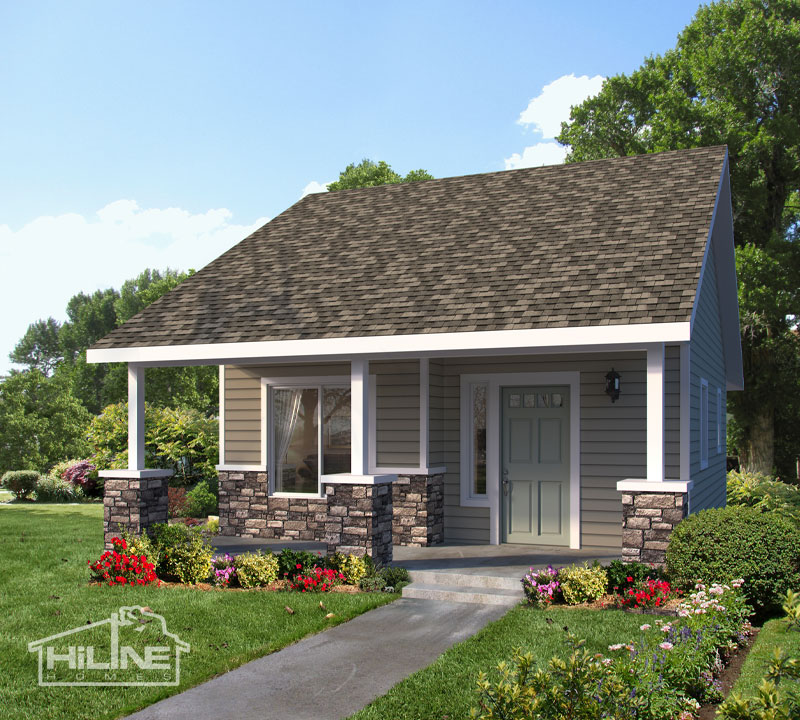What Does Duty of Care Mean in the Legal Space?
In the legal world, the concept of “duty of care” plays a crucial role in cases involving negligence and personal injury. Simply put, duty of care refers to a legal obligation imposed on individuals or entities to act in a reasonably careful manner to avoid causing harm to others. Understanding this term is vital when navigating lawsuits related to accidents, medical malpractice, or workplace injuries. The Munley Law Glossary provides a detailed definition of duty of care, which helps explain its significance in legal proceedings, particularly in personal injury law.
Defining Duty of Care
Duty of care can be understood as the legal requirement to take reasonable steps to prevent harm to others. This obligation is not limited to specific relationships but applies broadly in many situations, such as driving a car, providing medical treatment, or running a business. It obligates individuals and organizations to avoid actions or omissions that could foreseeably cause injury or damage.
In legal terms, duty of care is often the foundation of a negligence claim. To succeed in such a claim, the plaintiff (the injured party) must prove that the defendant (the party being sued) owed them a duty of care, that the defendant breached this duty, and that the breach directly caused the plaintiff’s injury or loss.
Key Elements of Duty of Care
To establish the presence of a duty of care in a legal case, several factors are typically considered:
Foreseeability: The risk of harm must be foreseeable. This means that a reasonable person in the same situation would have recognized that their actions (or inactions) could result in harm to another person. For example, a driver should foresee that running a red light could lead to a collision and cause injury to other road users.
Proximity: The relationship between the parties must be close enough to establish a legal duty. This doesn’t necessarily mean physical proximity but could refer to the relationship’s nature, such as a doctor-patient or employer-employee relationship, where a duty of care naturally exists.
Reasonableness: The defendant’s actions are evaluated based on what a “reasonable person” would do in a similar situation. Courts often ask what a typical, prudent individual would do to prevent harm under the same circumstances.
Examples of Duty of Care in Different Contexts
Personal Injury Law: In cases like car accidents, all drivers on the road owe a duty of care to one another. This means that they are expected to drive safely, obey traffic laws, and avoid reckless behavior that could harm others. If a driver acts negligently by speeding or texting while driving, they breach their duty of care and can be held legally responsible for any resulting injuries.
medical Malpractice: Doctors and other healthcare providers owe a duty of care to their patients. This duty requires them to provide medical treatment consistent with the accepted standards of practice within the medical Community. If a doctor fails to diagnose a condition or makes a critical error during surgery, they may be found to have breached their duty of care, leading to a malpractice lawsuit.
Premises Liability: Property owners also have a duty of care to ensure that their premises are safe for visitors. If a customer slips and falls in a store due to an unmarked wet floor, the store owner may have breached their duty of care by failing to maintain safe conditions or warn customers of potential hazards.
Employer Liability: Employers owe a duty of care to their employees to provide a safe working environment. This includes proper training, adequate safety measures, and maintaining equipment to prevent workplace accidents. If an employee is injured because the employer failed to provide a safe environment, the employer may be held liable for breaching their duty of care.
Breach of Duty of Care and Legal Consequences
A breach of duty occurs when someone fails to act with the level of care that a reasonable person would in the same situation. In legal cases, proving that the defendant breached their duty is often one of the most crucial and contested parts of a lawsuit. The plaintiff must show that the defendant’s actions (or lack of actions) fell short of what a reasonable person would do under similar circumstances.
Once a breach of duty is established, the plaintiff must then demonstrate that the breach directly caused their injury or loss. This is known as “causation.” For example, if a distracted driver runs a red light and hits a pedestrian, the pedestrian must prove that the driver’s negligence directly caused their injuries.
If a breach of duty of care is proven, the defendant may be held legally liable for damages. These damages can include medical expenses, lost wages, pain and suffering, and other costs associated with the injury.

